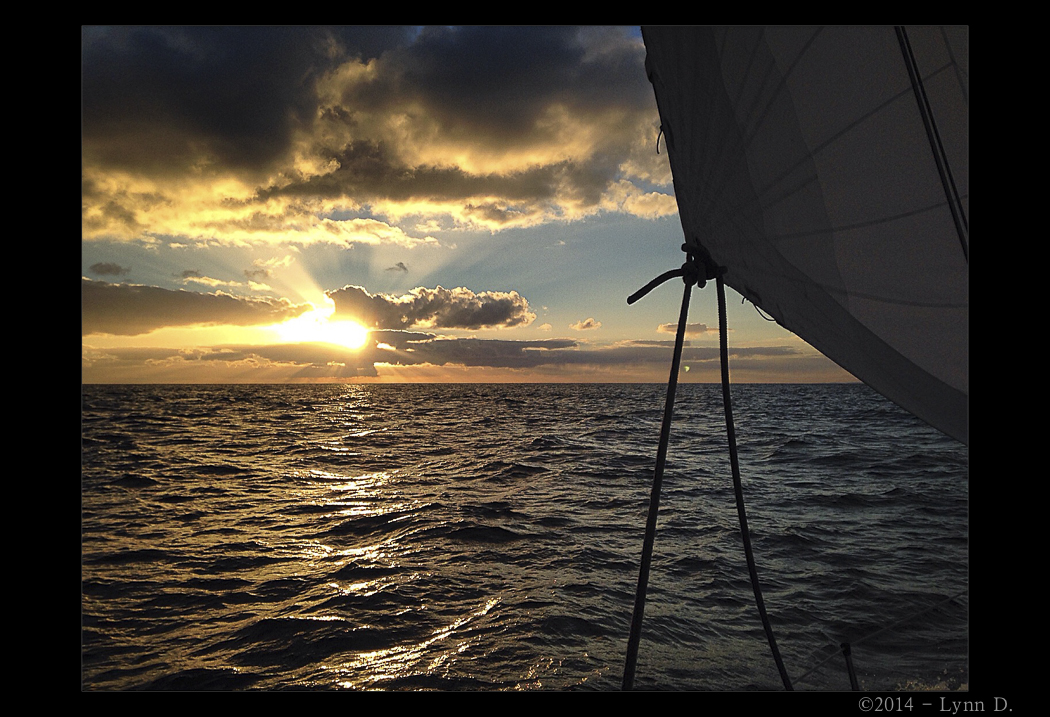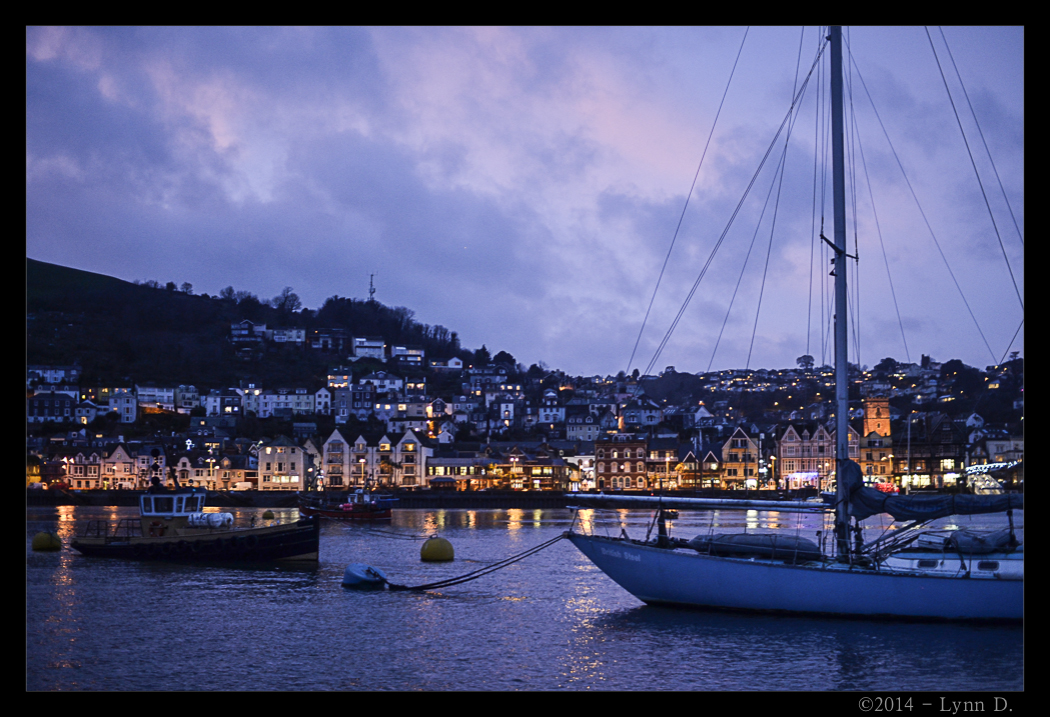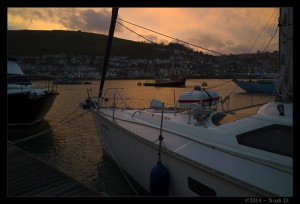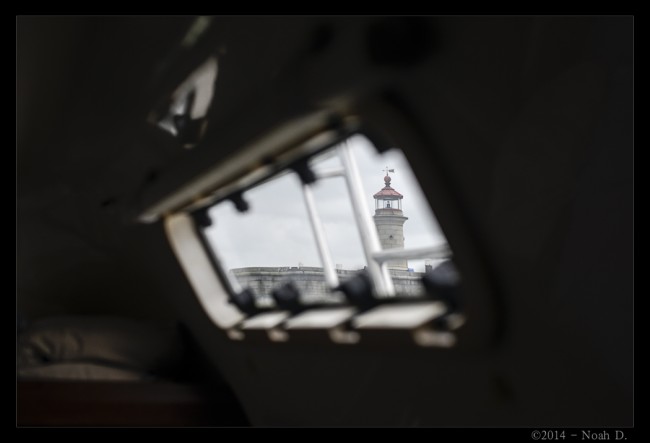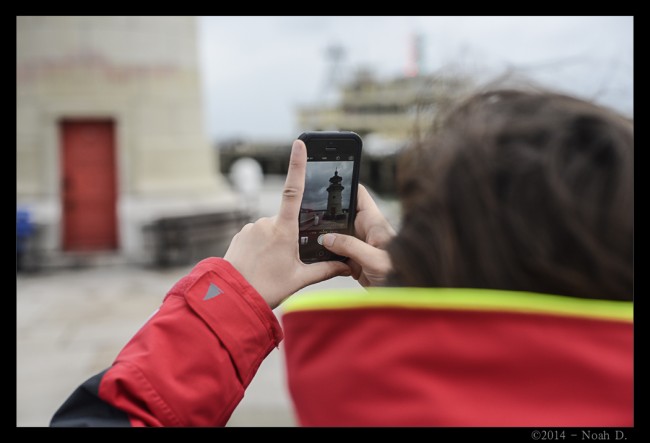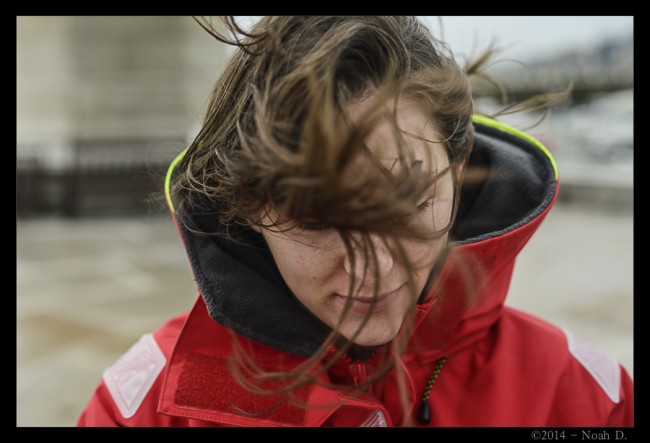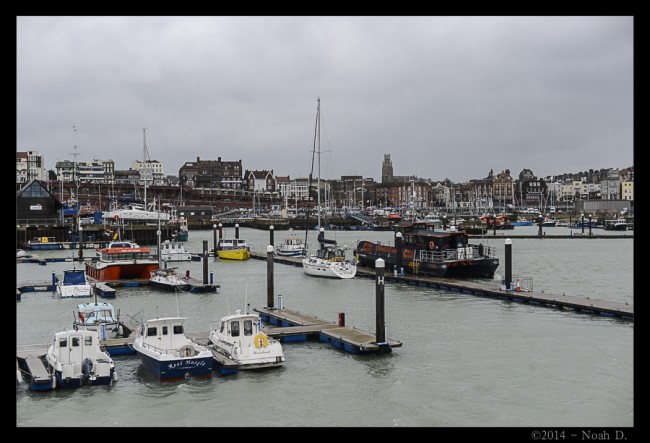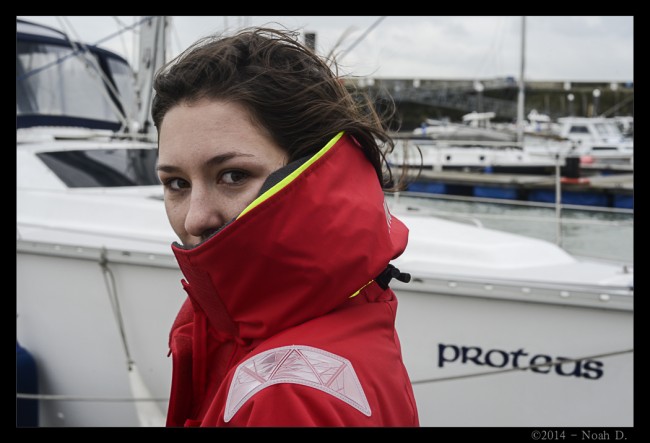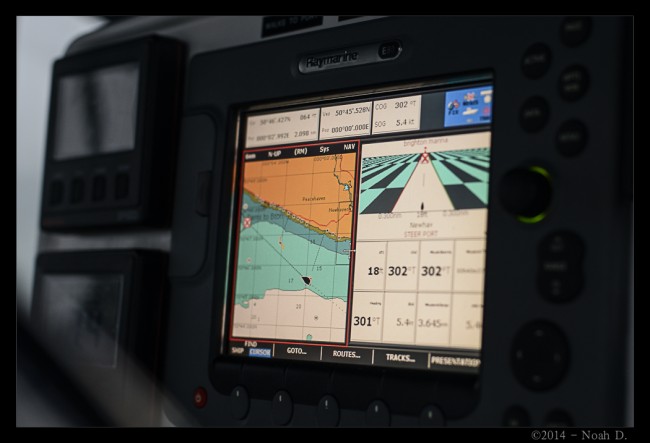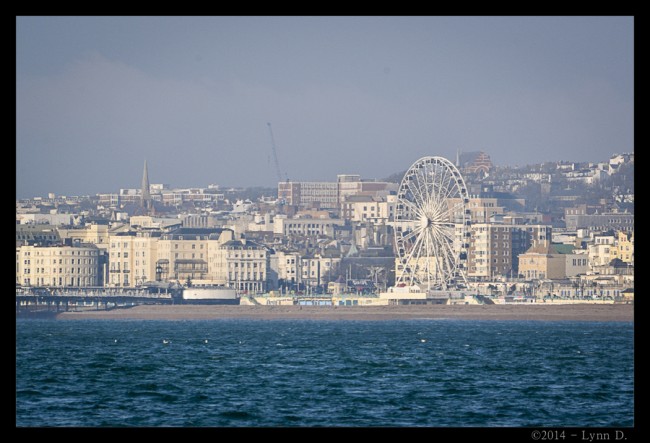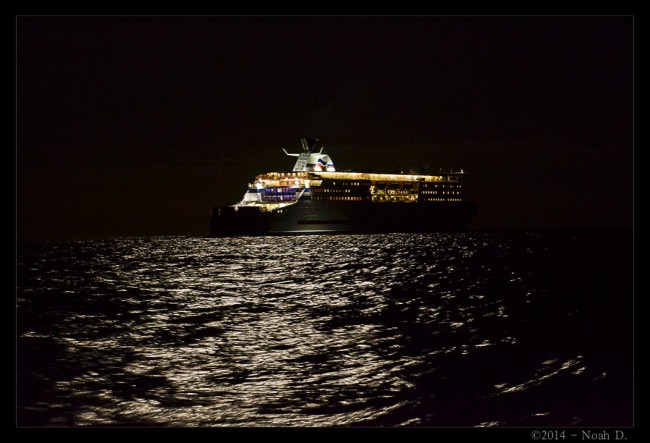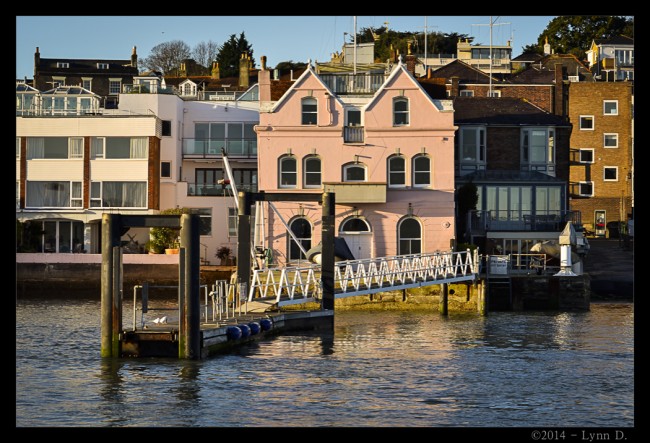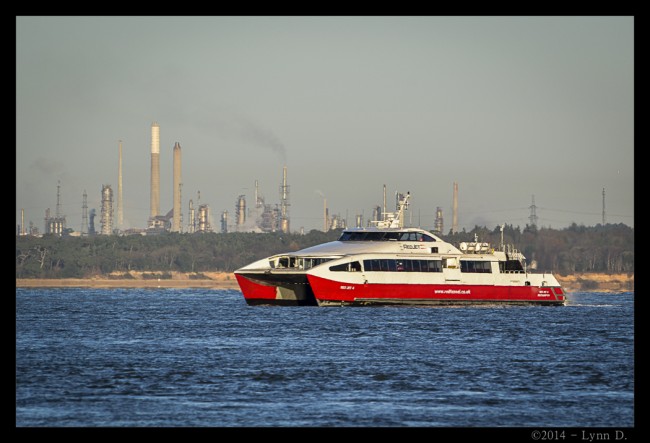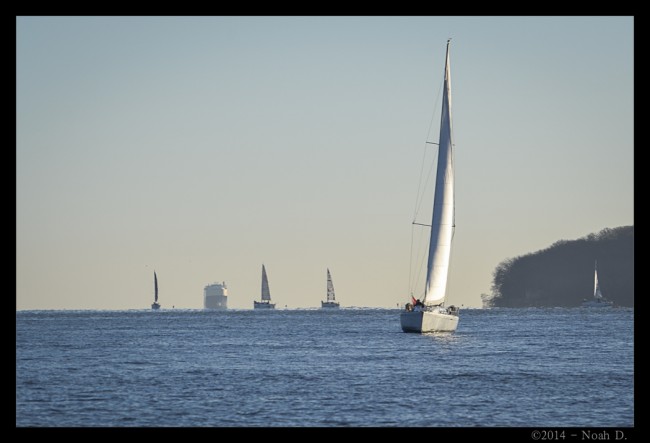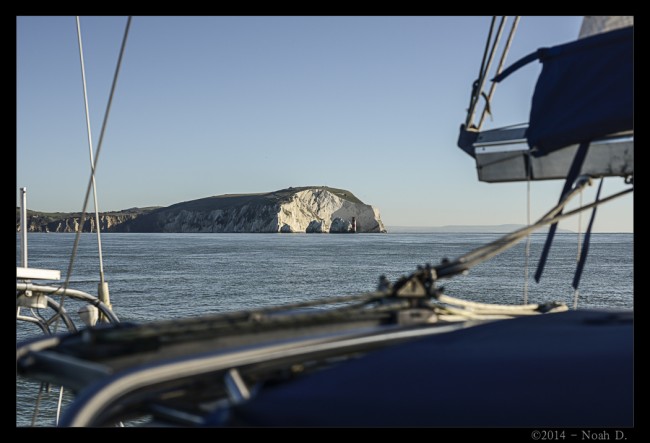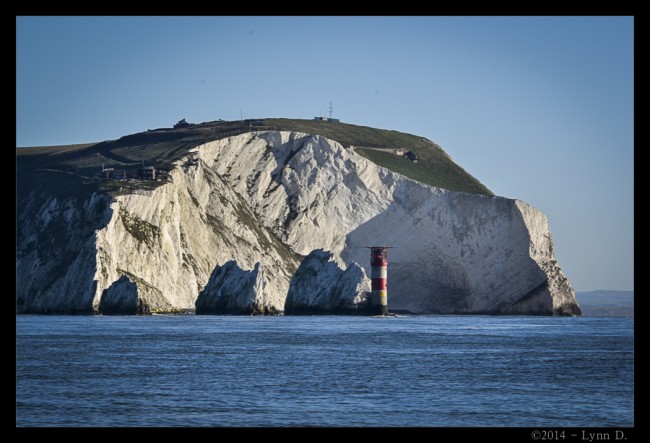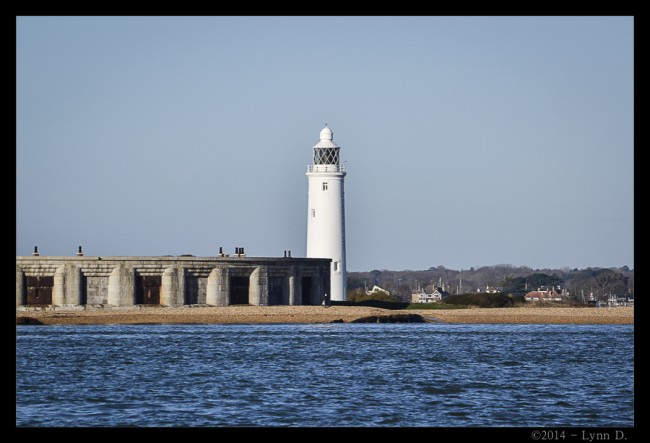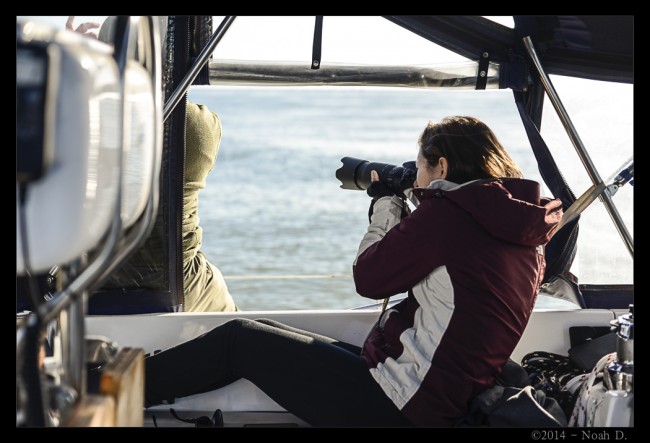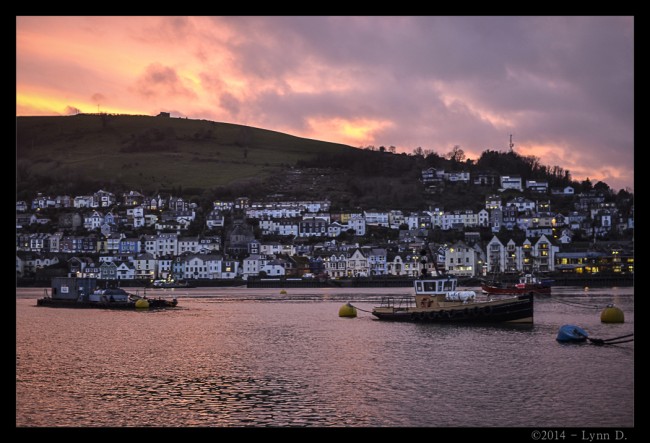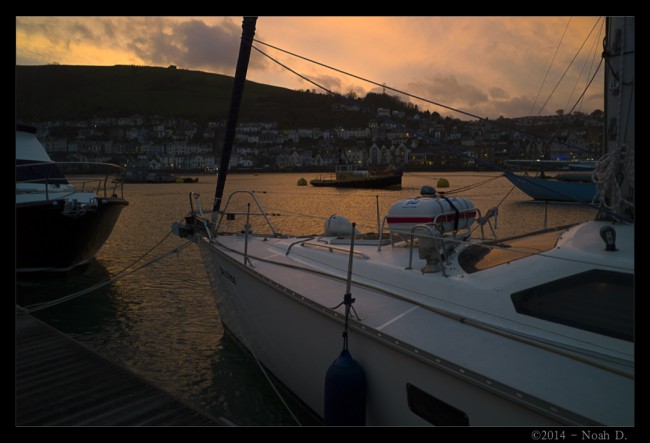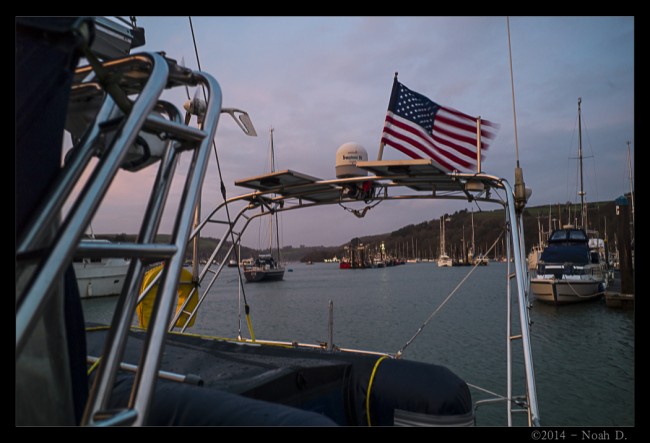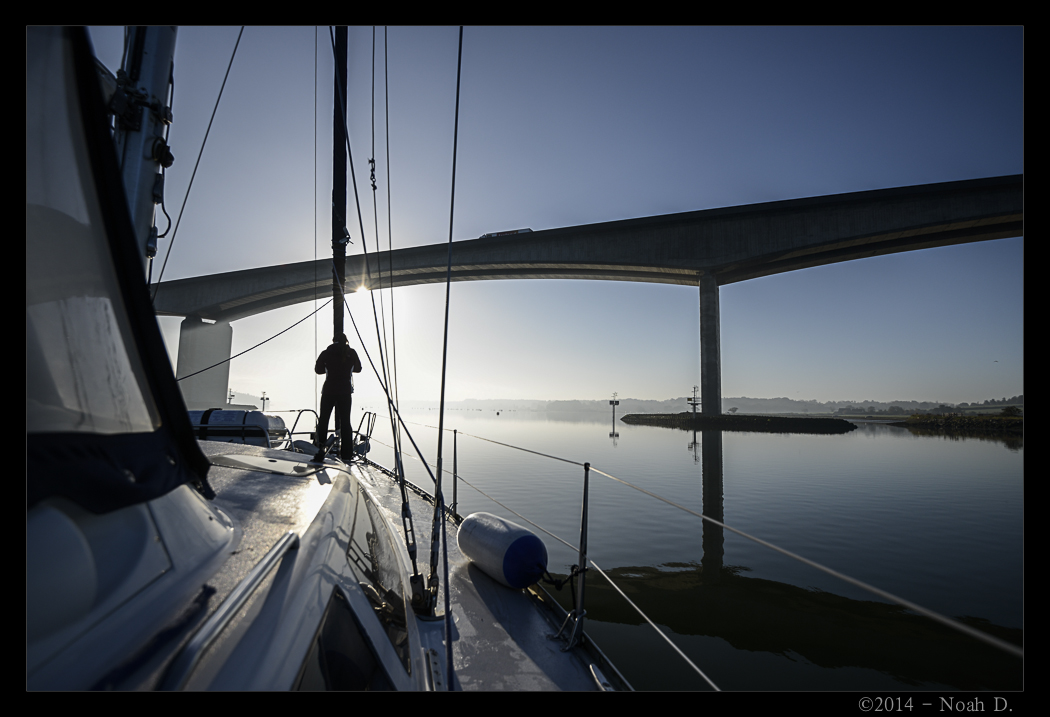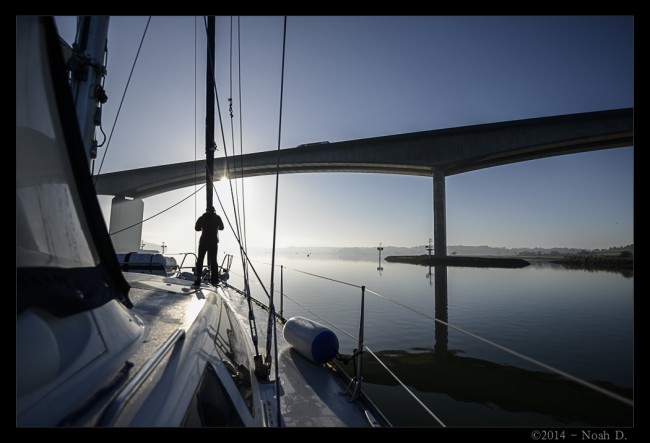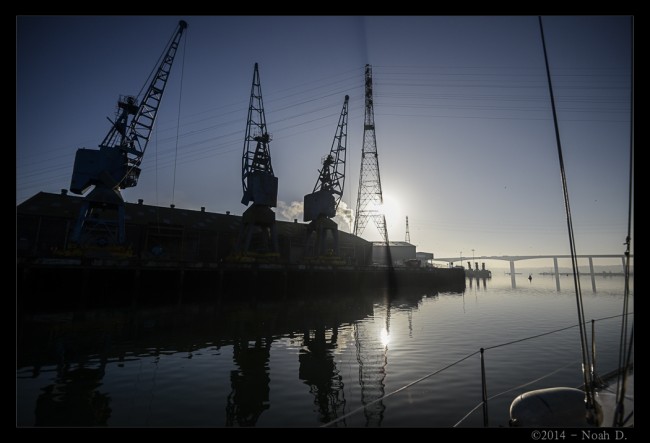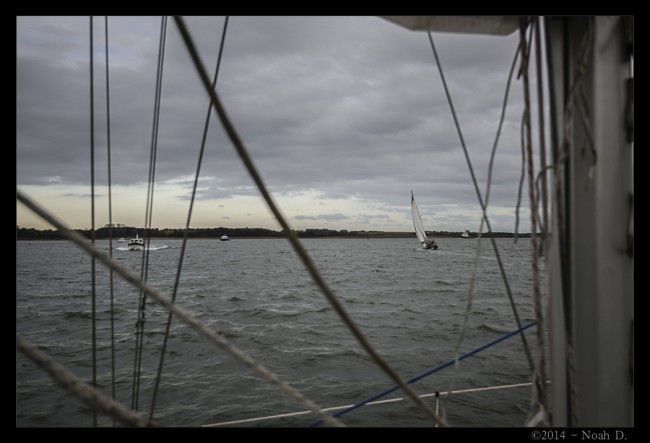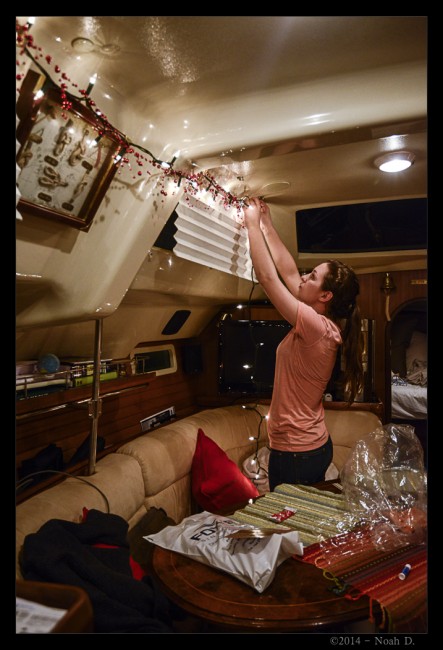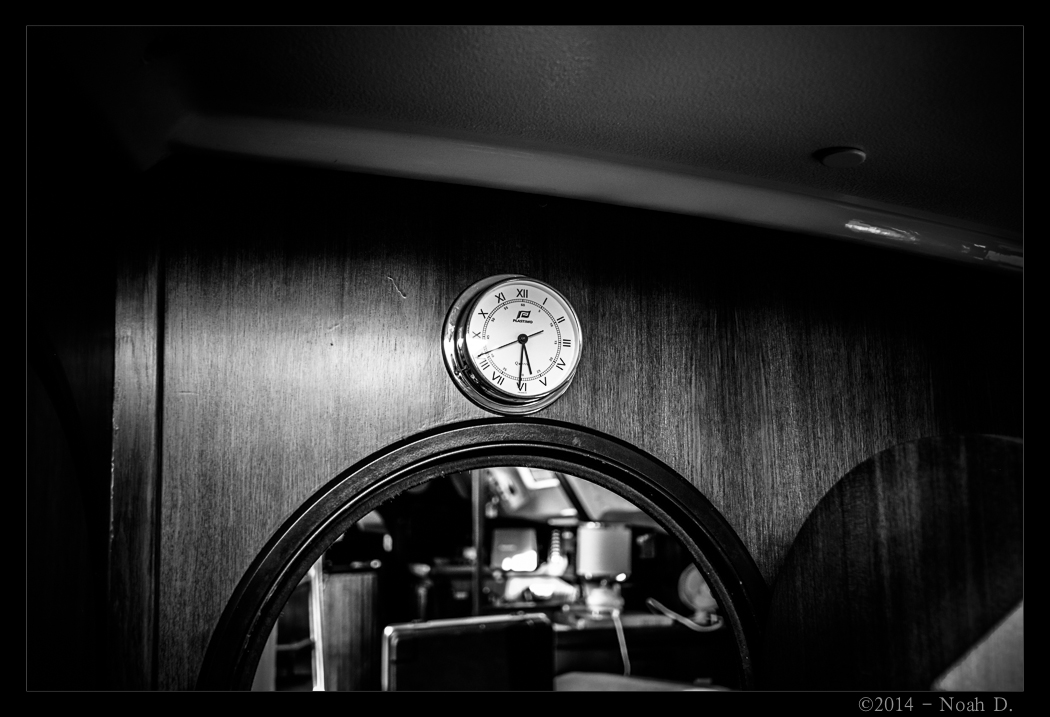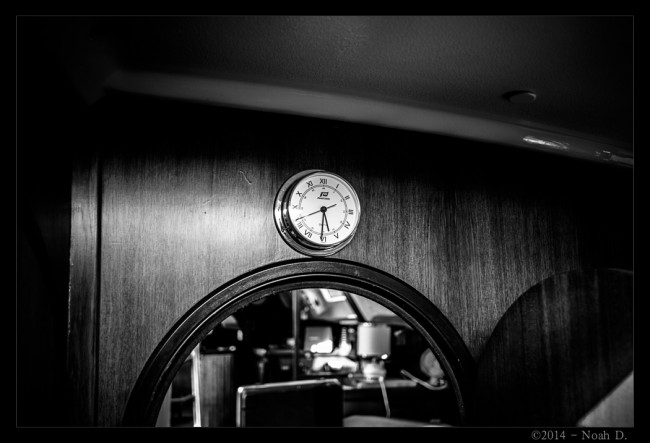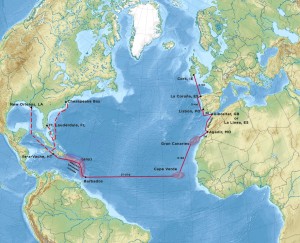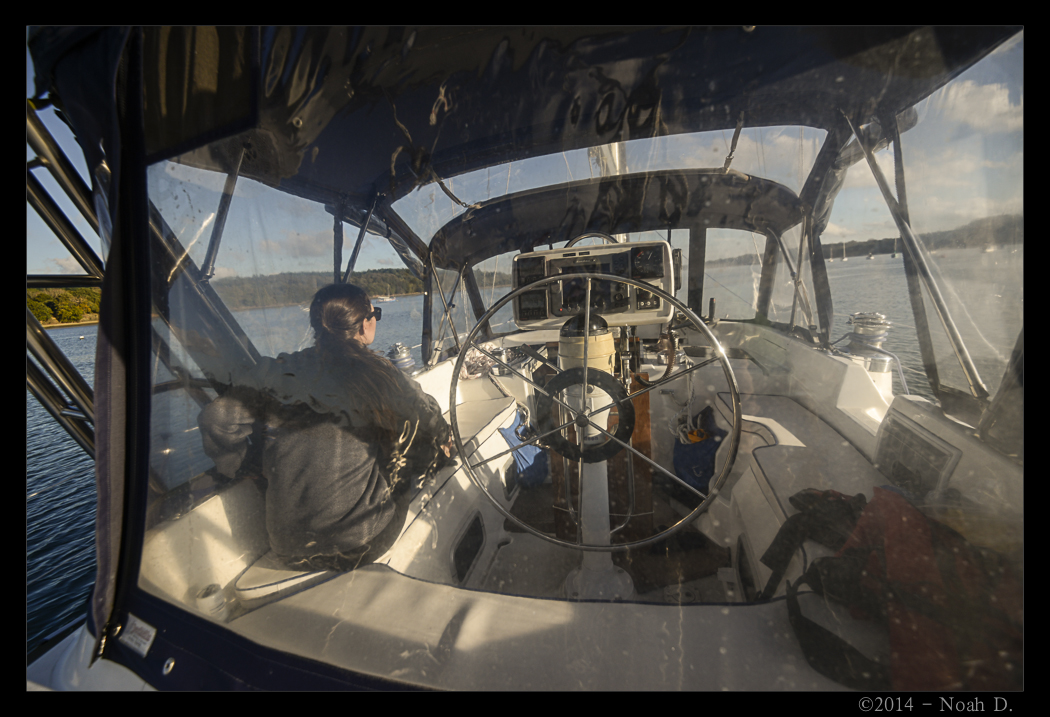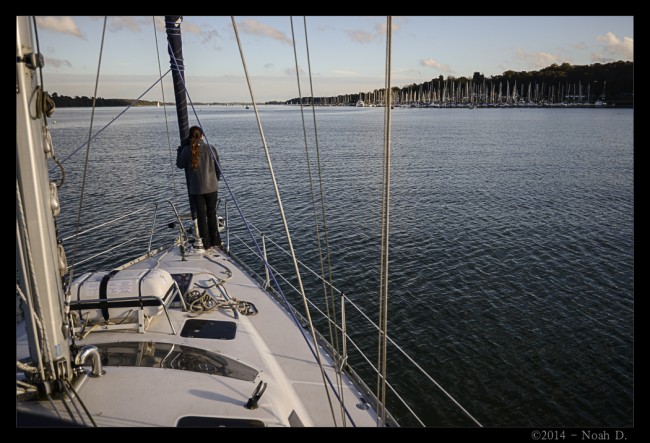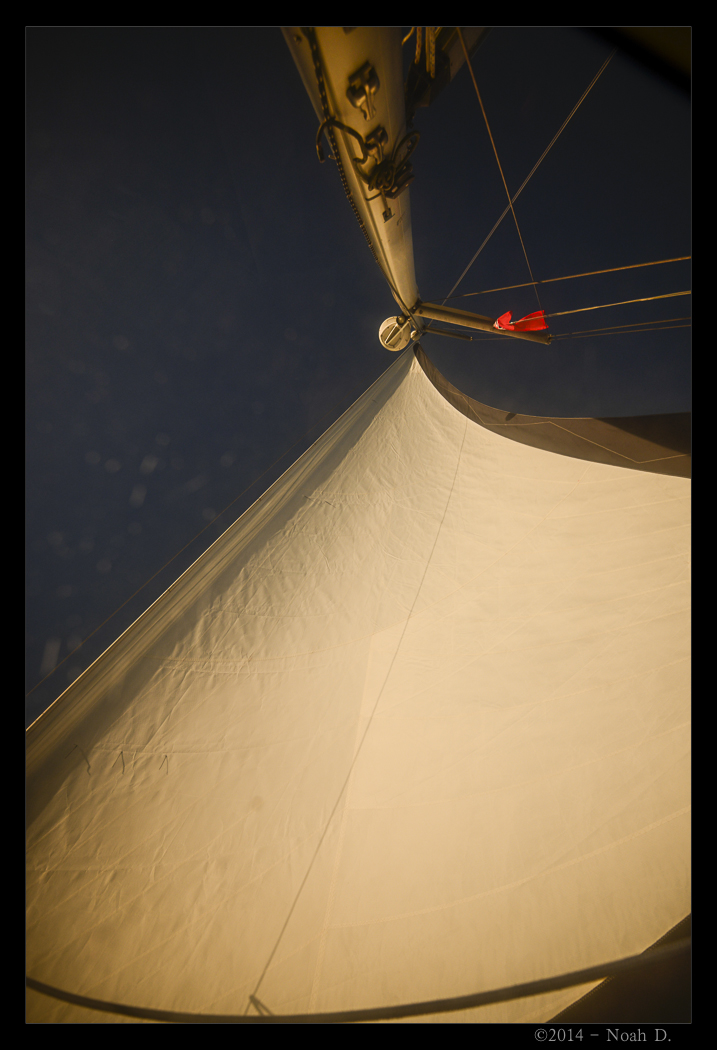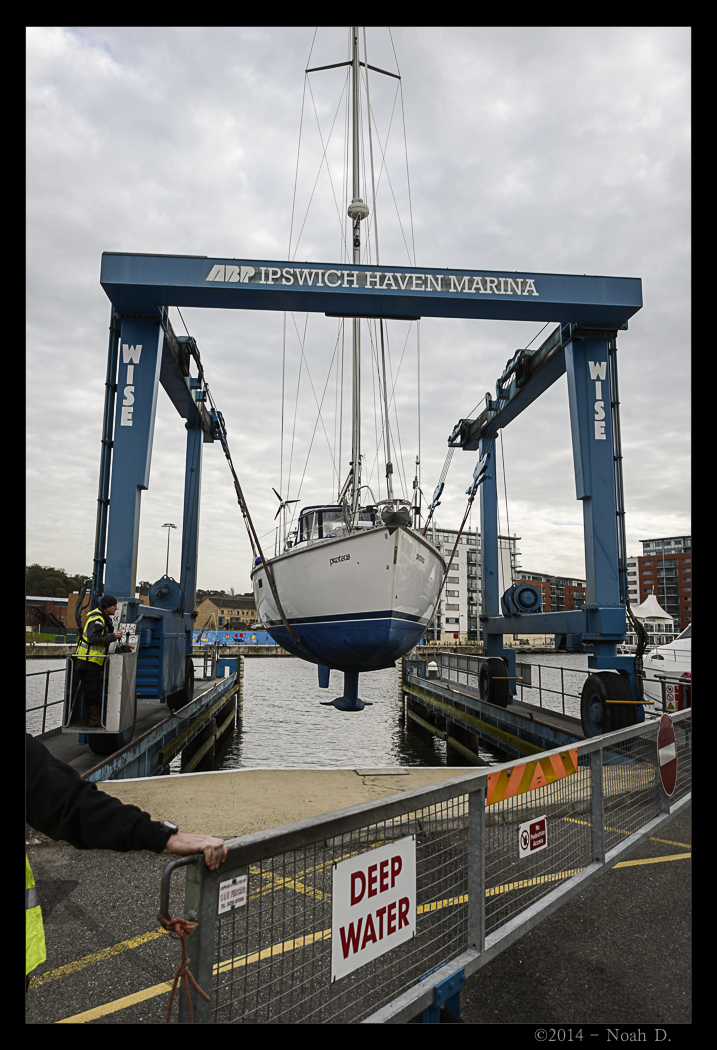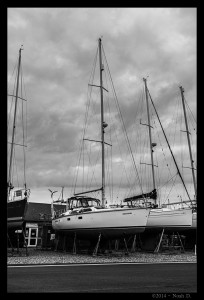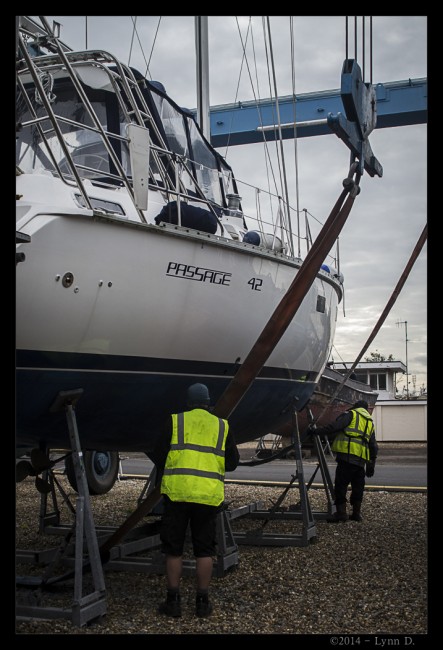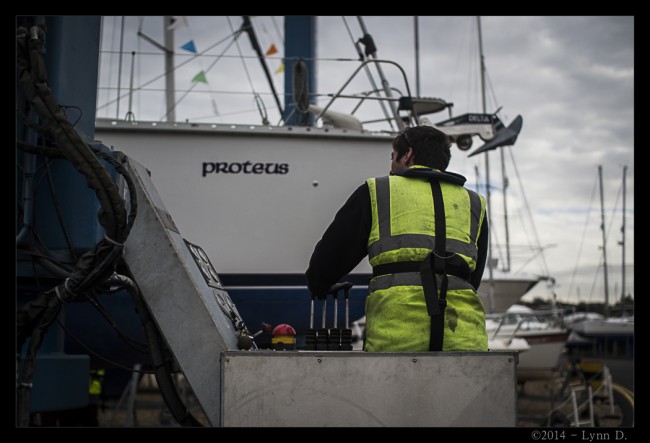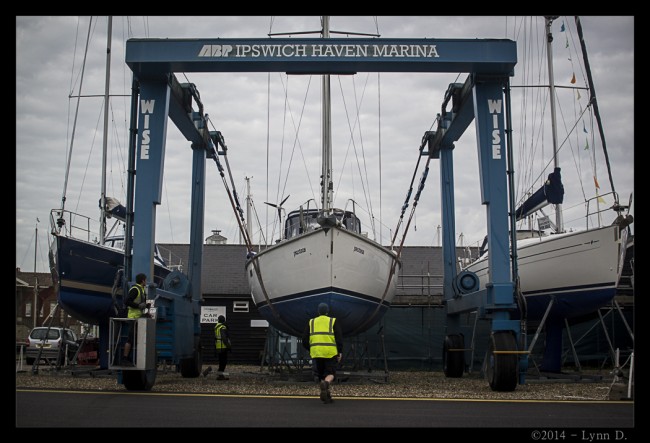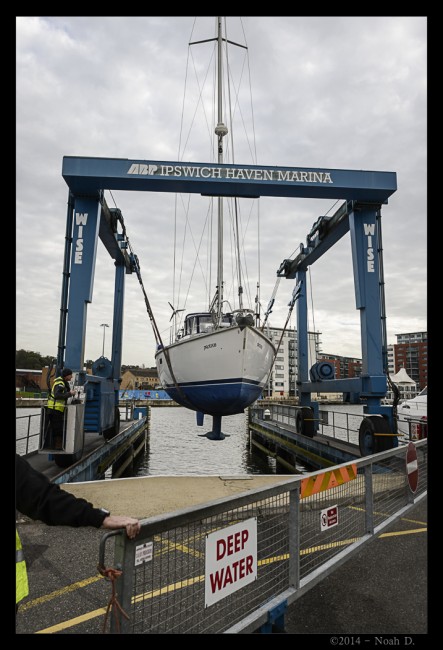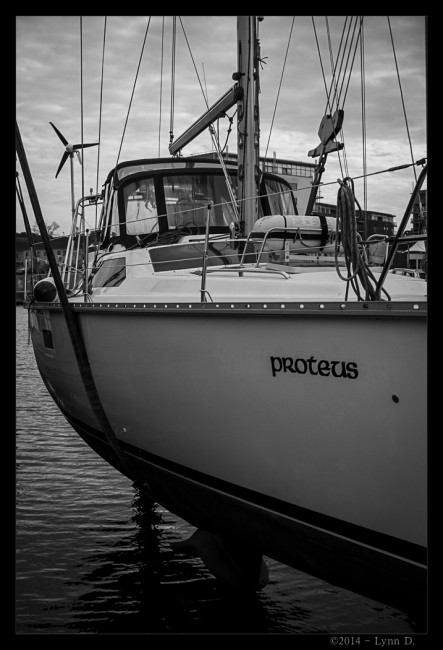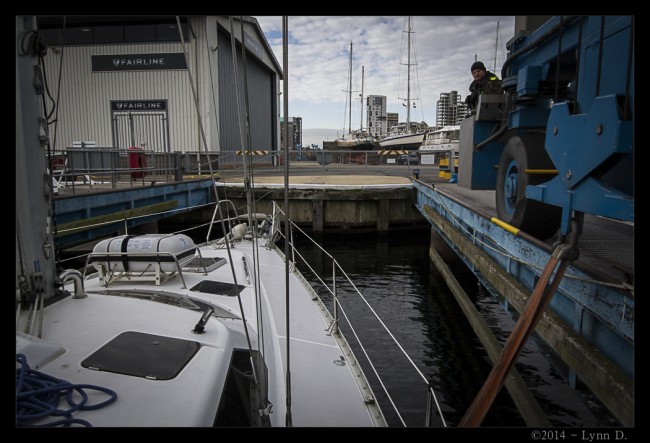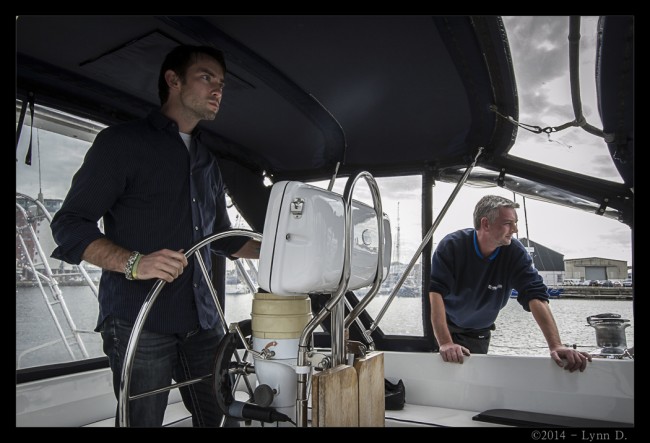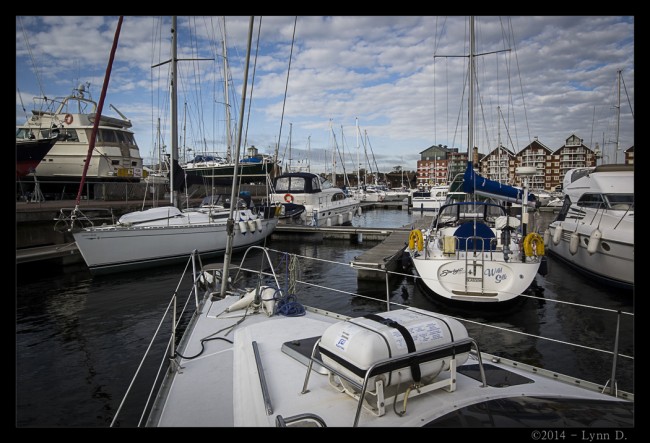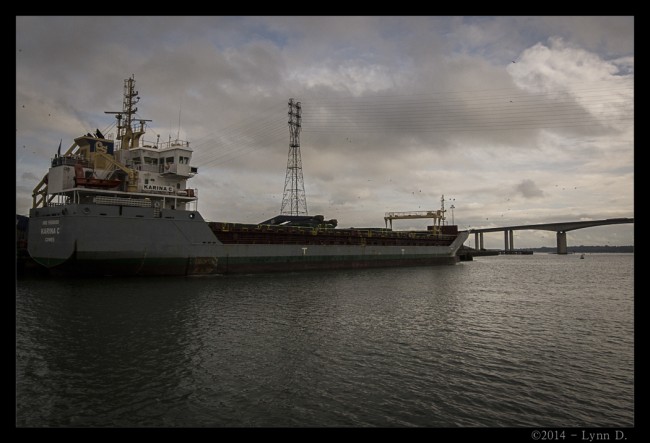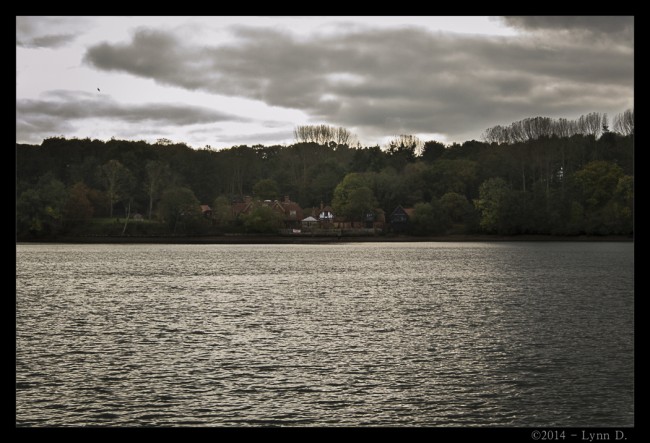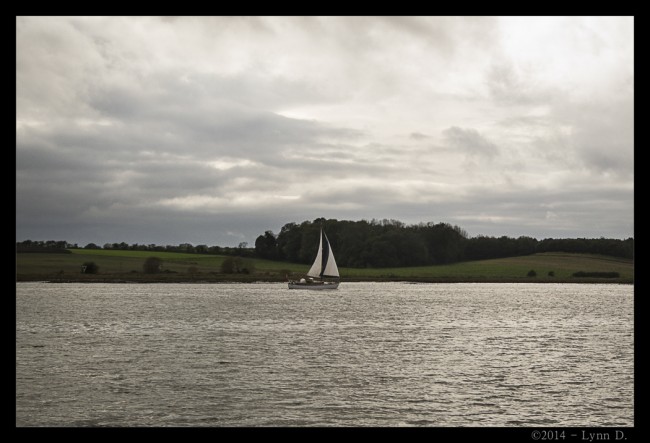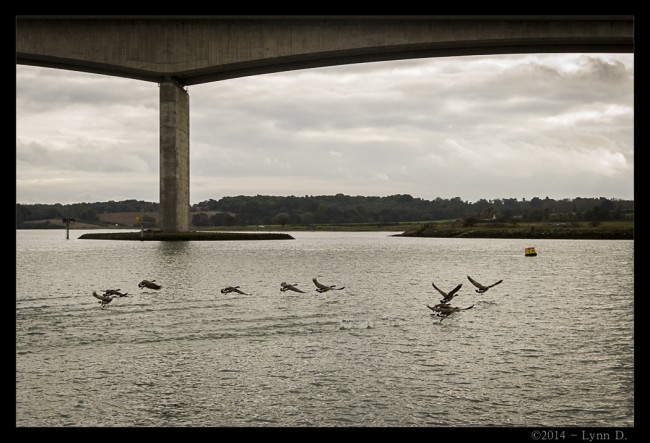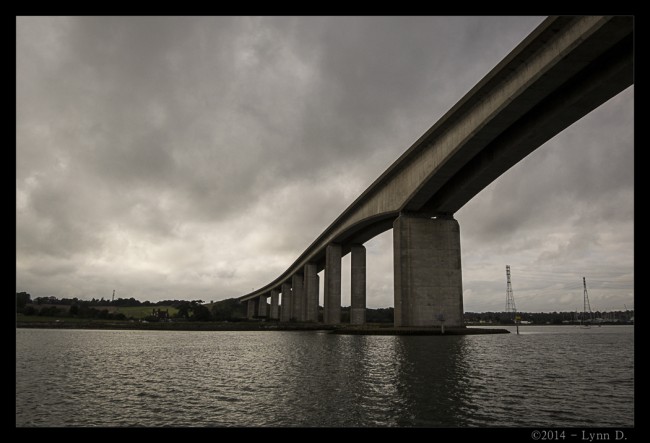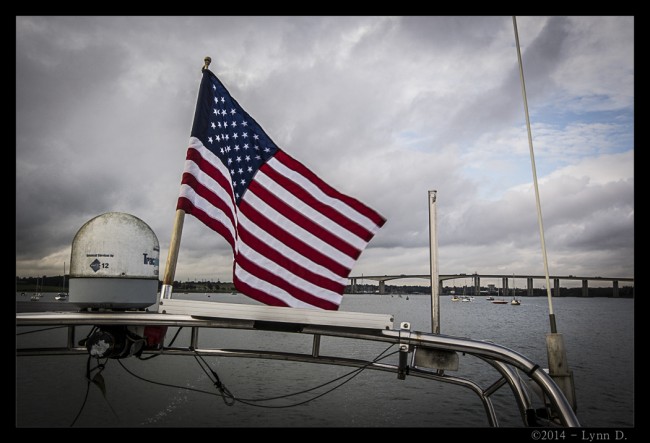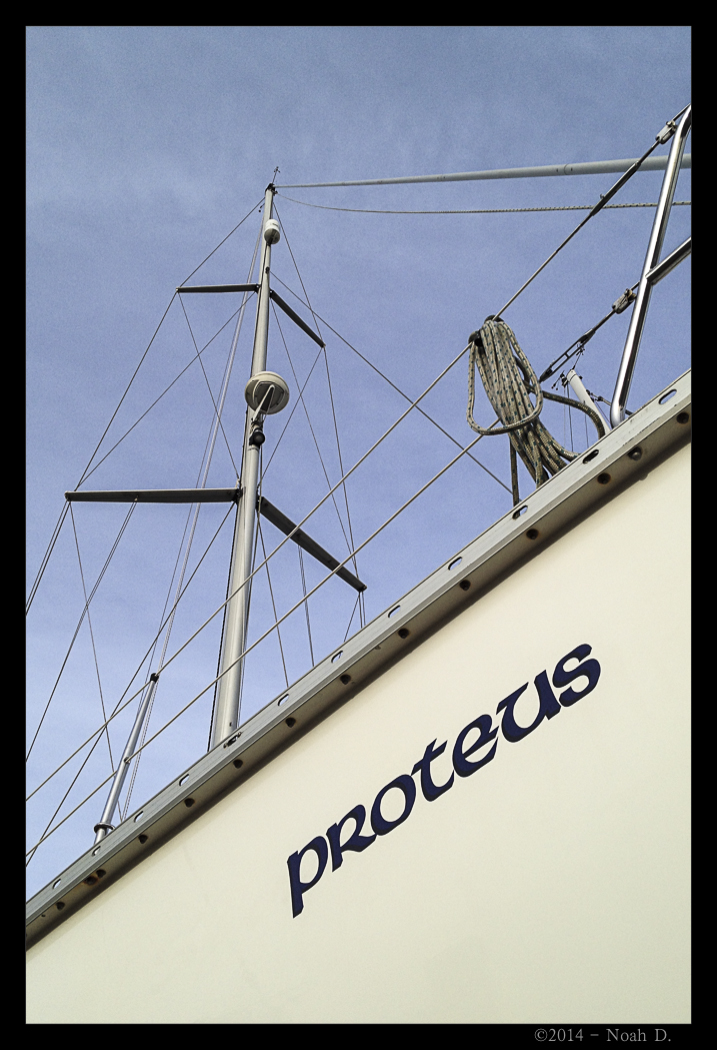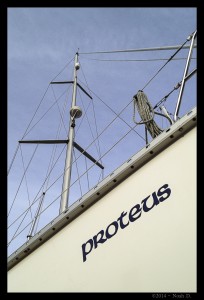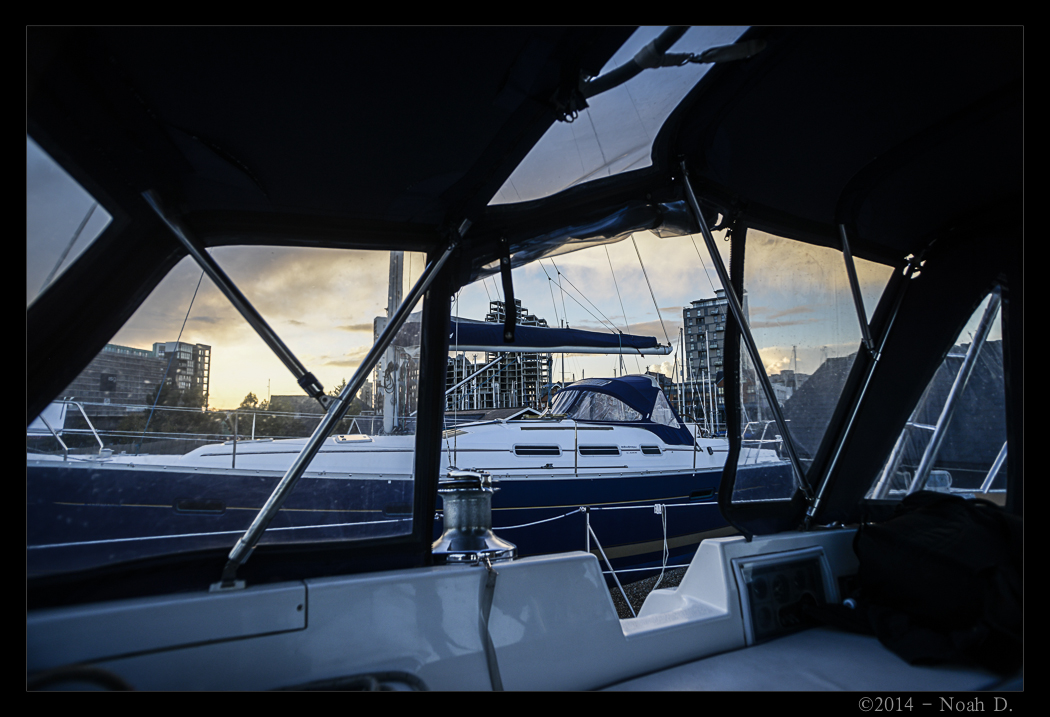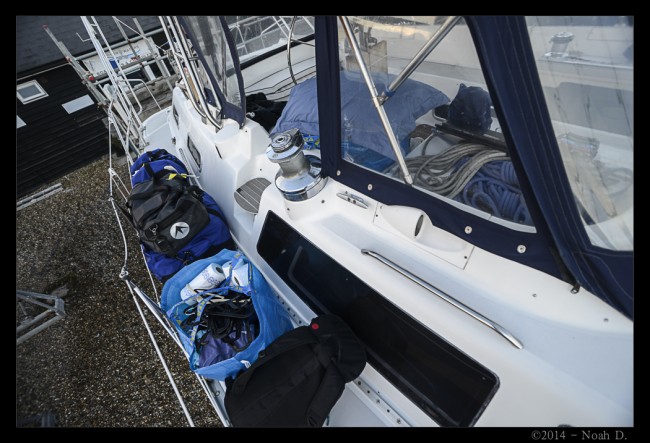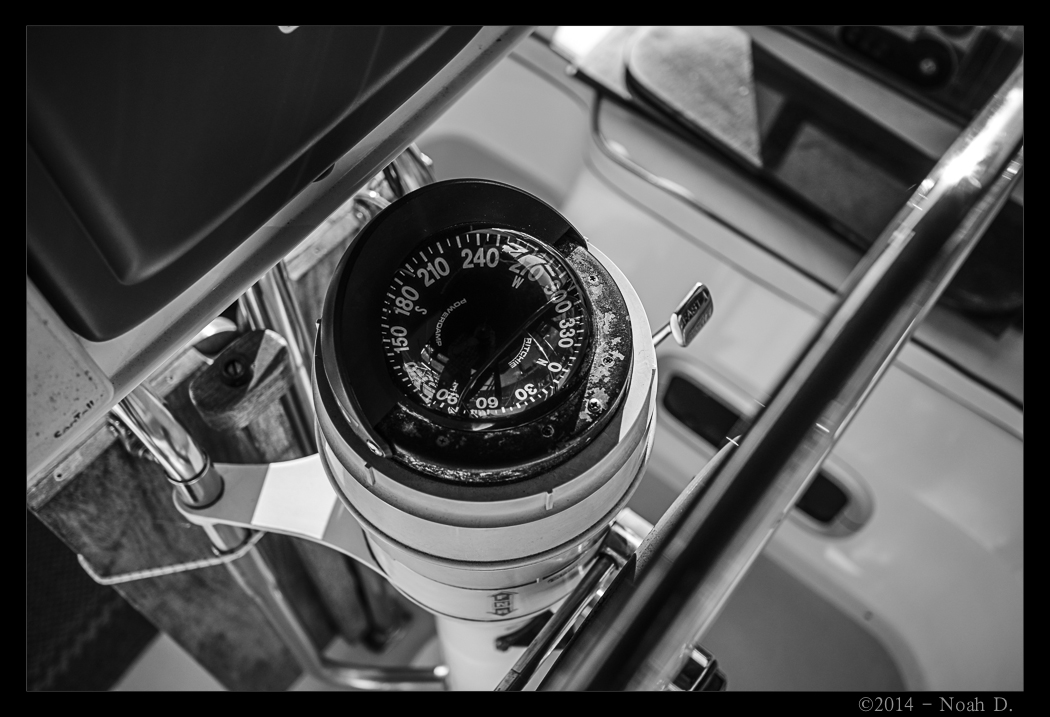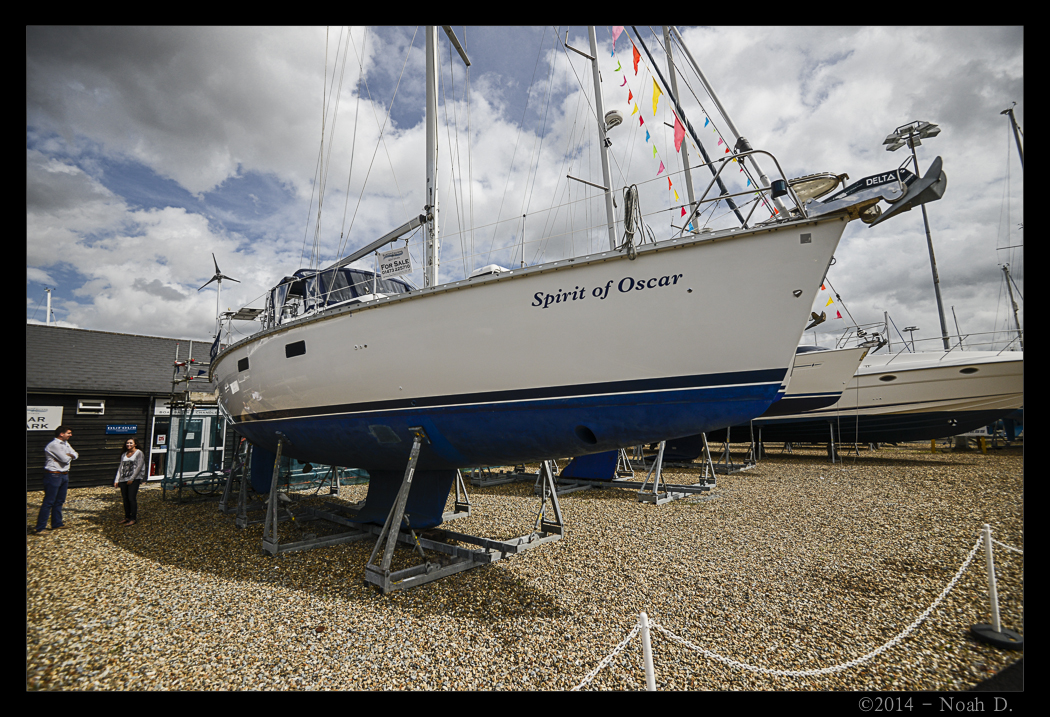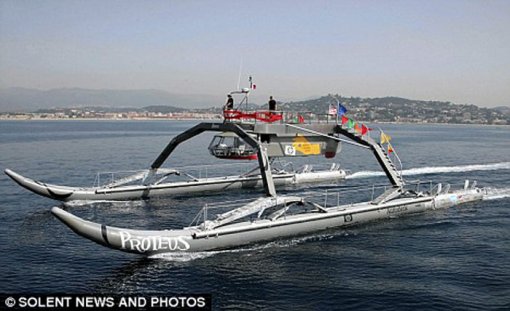Before simply doing, one cannot know certain things. And beyond any other fear, the fear of the unknown is the Chief of Fears. A shakedown cruise on a new sailboat in new waters as a new sailor… it is a time to dispel fears.
We sailed almost 700 miles of learning. And more was learned in these past few weeks offshore than nearly 15 years of sailing and racing inshore. For that matter, the first day out crossing the Thames Estuary, we almost doubled our mileage that we had previously sailed in a single day with Proteus. And the firsts just kept on coming. Here’s a few things we learned from the shakedown…
Proteus is capable
One of our greatest concerns was not quite knowing how far is “too far.” But after handling gale-force winds (and crazy high gusts) and, on occasion, four meter seas, it is becoming apparent that the Hunter Passage 42 is a well-built yacht. How big of a wave can it handle? How much water comes into the cockpit after breaking through a cresting wave? How high can the winds be before that second reef needs to be put in?
Had we been sailing in a mild winter day in the tropics, I’m not sure we would have known such things. We needed to surf a breaking wave over the bar into Salcombe Harbour. We needed to run before the wind in an Atlantic gale. We needed to sit on a Cowes mooring ball and feel the motion of the crossing tide and the winds against us. And we needed to dodge all those silly crab pots in the cold, clammy darkness and have the dolphins lead us into the harbour. How else would we have known these things?
High-latitude winter sailing sucks
If the theme of this post is “find out by doing”… then I know what I don’t want to do anymore of: sail above 50ºN in the winter. Most of the time it feels like sailing inside of a sock in a broken washing machine. It is wet. It is cold. It is dark. The weather windows are measured in hours rather than days. And the weather can be quite severe for many days on end. The south coast of England is absolutely beautiful, but we did not see much of it beside what was visible during the 7.5 hours of daylight. A 0600 departure time left us with two more hours of total darkness, then about an hour of dawn-ish blur, followed by only about six hours of usable daylight – with the sun skimming along the southern horizon – then a rather lengthy dusk and twilight… to total darkness around 1630 or 1700.
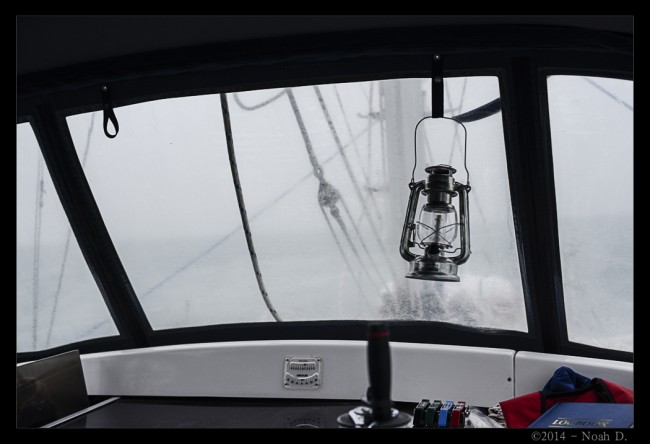 It is no wonder we were the only boat in the harbour and harbour masters kept telling me: “Take any available spot, we’re not busy this time of year.” We were the only crazies out in December moving a boat on the English Channel.
It is no wonder we were the only boat in the harbour and harbour masters kept telling me: “Take any available spot, we’re not busy this time of year.” We were the only crazies out in December moving a boat on the English Channel.
Some people love it. Some people swear that sailing in places like Scotland and Norway is unbeatable. And even though Proteus is built for a certain amount of high-latitude sailing – having so many redundant heating systems on board – there’s only so many layers of pants you can put on while out on deck. Still, there’s a reason why “they” always say of high-latitude anchorages: “We had the place to ourselves!” even in the middle of the summer. It just isn’t enjoyable enough to want to keep submitting ourselves to the bad parts…
…speaking of which:
Seasickness is miserable
Again, I blame the season on this one. I know, it happens to everyone at some point, but a combination of the Atlantic swells and the darkness and the wind direction and the inconsistent motion makes for a perfect storm of conditions to unsettle the most concrete constitution. It hit Lynn the worst, but we both suffered from it at least a few minutes on almost every passage. Particularly around nightfall when everything gets good and disoriented, that Blah Feeling would set in.
Sucking on things like peppermints and Fisherman’s Friend was surprisingly effective. Also, the Dramamine/Bonine pills would hold it at bay. Now we’re moving on to the Scopolamine patches. I really can’t imagine normal seas being so upsetting, though. I can only hope that 40ºN will see those patches in the medicine bag along with our third layer of socks.
Interesting thing we learned, though, is that if you eat easy-peeler clementine oranges while you’re seasick… it makes it far more pleasant when it comes back to visit.
Keep thy waste tank under control
Whether you take the far offshore option and pump overboard or take the far grosser option and pump out, one must – and I stress: must – keep away what we call “The Phantasm.” One night, a certain of our party simply flushed the forward toilet… and the resulting tiny pressure release (burb) actually caused a smell so violent and evil that it literally woke me up… in the aft cabin with the door closed.
What is the reverse of “Batten down the hatches!”?
Now, I don’t mean to be indelicate, but I’ve traveled in some places where I have experienced some wildly disgusting things: a blackwater tank surpasses all. The next day we took care of the issue and have been very careful about it ever since.
On a similar note, vinegar is amazing for keeping toilets clean. And it keeps away the Phantasm (for the most part). But it is vinegar… it is good for everything.
Things break
And maybe it is not that they “break” as much as they “wear out.” When you purchase a 20 year old boat, you’re also purchasing all its problems along with all the things that are reliable about it. Before our Transatlantic in a few months, I have a multi-page list of things that are going to be fixed, adjusted, updated, replaced, or just slathered in lubricant.
For example: the Hunter Passage 42 was built with no red lights. And, of course, 20 years ago, LEDs weren’t something that could be found on the consumer market. Finally the price is coming down and it is affordable to replace old bulbs with completely new low-amp LED fixtures.
Sailing is ACTUALLY enjoyable
In nearly 700 miles of sailing the entire south coast of England from Ipswich to SE Ireland, we only have had ideal conditions twice for a combined total of less than six or seven hours (or so). Coming out of Brighton, we had beautiful conditions with actual sunlight and full sail. Also for a few hours sailing by the Needles out of the Solent and toward Portland Bill, we actually felt the sun. The rest of the time – weeks worth of time – was conditions that ranged from mildly depressing to literally vomitous.
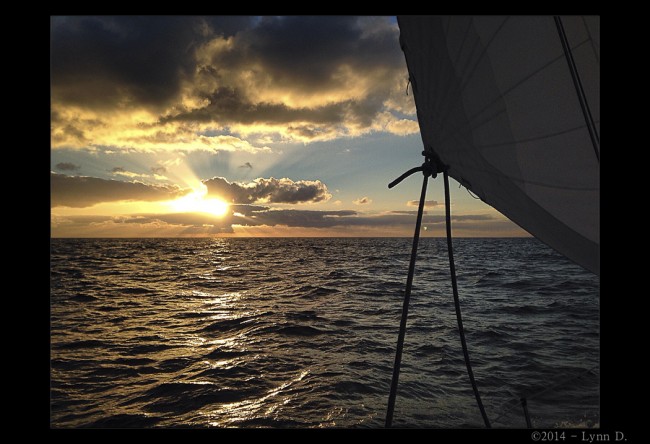 But for those little glimpses of time without full foulies on, it was truly enjoyable. And, not to sound like a fair-weather sailor, but… I mean, come on. When seven foot seas become the average rather than the exception, it makes it difficult to be functional let alone enjoy the ride. Of course, there are going to be good days and bad days on board, but the amount of Suck involved appears to be substantially more profound in the high-latitudes.
But for those little glimpses of time without full foulies on, it was truly enjoyable. And, not to sound like a fair-weather sailor, but… I mean, come on. When seven foot seas become the average rather than the exception, it makes it difficult to be functional let alone enjoy the ride. Of course, there are going to be good days and bad days on board, but the amount of Suck involved appears to be substantially more profound in the high-latitudes.
It is possible to eat well
I think a common misconception that we have heard put to us many times as a question is: “What do you eat?” On this trip, we regularly had tortellini, fajitas, or any number of pub foods with real fresh fruits and veggies on the side. Our gimbaled stove can handle about 30º of heel before maxing out which should take care of most normal tossing. We do eat quite a bit of soup or cold-cut sandwiches, but I think we do pretty well considering the prevailing conditions.
It is really (REALLY!) hard to see at sea
I’m not necessarily referring to the simple fact that it is dark: it is a profound, deep darkness that crosses into the physical. Not to be dramatic, but I mean it: you can just about feel the darkness. If you see a light, it is anywhere from a few feet to a few miles away. And often, you’ll watch the light for hours and hours as you approach it. Is it a boat? How big is it? Why are two buoys when there should be three; where’s the other one!? Is that the leading light? Is that light green or white? The cruising newbie in me was not fully aware of the amount of awareness it takes to move a 42ft yacht in a straight line from “here” to “there” beyond the horizon. Now I understand.
And don’t even get me started on the fog: 100ft visibility in a seaway is freaky.
Everything takes more effort on passage
There’s nothing inherently difficult about sitting at the dock. But practically everything is more difficult underway. Wanna stand up? Nope! Wanna go to the toilet without falling in the floor? Nope! Wanna get warm? Yeah, right! How about making a sandwich? Get the mustard all over the cockpit! Tie a simple bowline knot? Have some random intense nausea in 3…2…1…
But seriously, if not dealt with or taken into account, passages like this can be frustrating just due to the amount of effort it takes to do simple tasks. The mood onboard can quickly sour when frustration is allowed to fester and overflow. It is worth being careful for more reasons than just avoiding injury.
We miss Proteus… and worry about her
Proteus is not some unorthodox vacation house, it is our home. It has nothing to do with the fact that we have the world’s most comfortable bed and we get gently rocked to sleep every night. Nor is it related to the amazing variety of locations she takes us to. Being away and hearing from the guys taking care of her is like hearing from a child at summer camp. Or maybe it feels like we had to tie our puppy to a tree and leave it for a month. (Yeah… “awww…” is how we feel, too!)
It is a very strange feeling, in all honesty. But how would you feel if you left your house for a month? More than simply, “Oh, did I remember to turn the gas off?” we deal with thoughts of, “Oh, I wonder if a rope will break and she’ll float away?” or, “I wonder if we will return to her with the floorboards floating?” Owning and maintaining and living aboard a big yacht like this requires us to look at the situation as if we are caring for a living thing. She needs to be fed and kept warm and secure. I think some look at owning a yacht is equivalent to owning a car or a pleasure boat typically found on American lakes: it is wildly different.
Conclude…
Sailing is far from moving a boat. But before actually doing it, I had no idea how far from “moving a boat” this stuff actually is. Sailing and passagemaking is an enormous combination of things, both comfortable and uncomfortable. Nobody should be under the impression that it is all easy or relaxing: it is a lot of work.
I cannot wait to get back on the water…
